‘Waste’ does not exist in nature. Ecological systems continually recycle water, minerals and nutrients through an interplay between sunlight energy, primary producers (e.g. plants), consumers (e.g. animals) and decomposers (e.g. bacteria). A recent study states that Canadians produce more garbage per capita than any other country on earth,1 Canadians generate approximately 31 million tonnes of garbage a year (and only recycle about 30 per cent of that material). Thus, each Canadian generates approximately 2.7 kg of garbage each day.2
A landfill is a large portion of land or excavated site that is designed to be built into or on top of the ground and isolated from the surrounding environment. Canada currently has over 10,000 landfill sites.3 The decomposition of organic waste in landfills produces a gas which is composed primarily of methane, a greenhouse gas contributing to climate change. Methane is 21 times more potent than carbon dioxide in terms of its potential impact to climate change. Emissions from Canadian landfills account for 20% of national methane emissions and estimates illustrate that approximately 27 Megatonnes (Mt) of carbon dioxide equivalent (eCO2) are generated annually from Canadian landfills, of which 20 Mt eCO2 are being emitted annually.4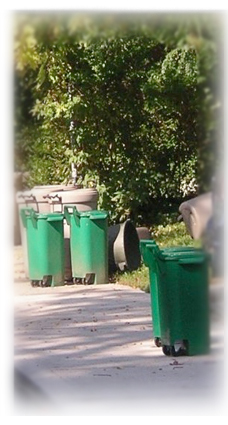
Through these policies and best practices, co-benefits occur such as greenhouse gas reduction, cleaner air and water, conservation of local biodiversity, sustainable energy development and green jobs. The first of the ‘three R’s’, reduce, is often neglected, and of course, it is much more sustainable to design products with minimal waste outputs at their inception than to clean up after the fact. Addressing our waste requires us to revisit the cycles of ecological systems and engage in a type of production and consumption that will allow for our material outputs to return to these systems as inputs. This includes continually thinking about how to reduce the negative ecological impacts of waste in a manner that is adaptive to changes in technologies, economies and values over time. Communities and regions throughout Canada and around the world are attempting to tackle this challenge by implementing policies and best practices to manage their waste, such as life-cycle management, producer take-back systems, biomimicry, industrial parks, moving to zero waste, landfill gas recovery, carbon restorative buildings and many other innovations.
Our seventh Solutions Agenda e-Dialogue brings together innovators and community practitioners with the CRC research team to discuss waste management in Canada. Through this conversation, we hope to explore existing and new innovations in waste management in this country, what are the gaps, what are the drivers and how to eliminate the barriers?
Discussion
The complete discussion can be downloaded here.
Discussion Participants
 Professor Ann Dale, Moderator, is a Professor at Royal Roads University, School of Environment and Sustainability. She held her university's first Canada Research Chair in Sustainable Community Development, is Trudeau Fellow Alumna (2004), and is a Fellow of the World Academy of Arts and Science. Professor Dale chairs the Canadian Consortium for Sustainable Development Research (CCSDR), is a Board Member of the World Fisheries Trust. and the founder of the National Environmental Treasure (the NET). Current research interests include climate change adaptation and mitigation, governance, social capital and agency, biodiversity conservation, place-based and virtual sustainable communities. She is a recipient of the 2001 Policy Research Initiative Award for Outstanding Contribution to Public Policy for her book, At the edge: sustainable development in the 21st century. Professor Dale is actively experimenting with research dissemination and social media, and has launched HEADTalks.
Professor Ann Dale, Moderator, is a Professor at Royal Roads University, School of Environment and Sustainability. She held her university's first Canada Research Chair in Sustainable Community Development, is Trudeau Fellow Alumna (2004), and is a Fellow of the World Academy of Arts and Science. Professor Dale chairs the Canadian Consortium for Sustainable Development Research (CCSDR), is a Board Member of the World Fisheries Trust. and the founder of the National Environmental Treasure (the NET). Current research interests include climate change adaptation and mitigation, governance, social capital and agency, biodiversity conservation, place-based and virtual sustainable communities. She is a recipient of the 2001 Policy Research Initiative Award for Outstanding Contribution to Public Policy for her book, At the edge: sustainable development in the 21st century. Professor Dale is actively experimenting with research dissemination and social media, and has launched HEADTalks.
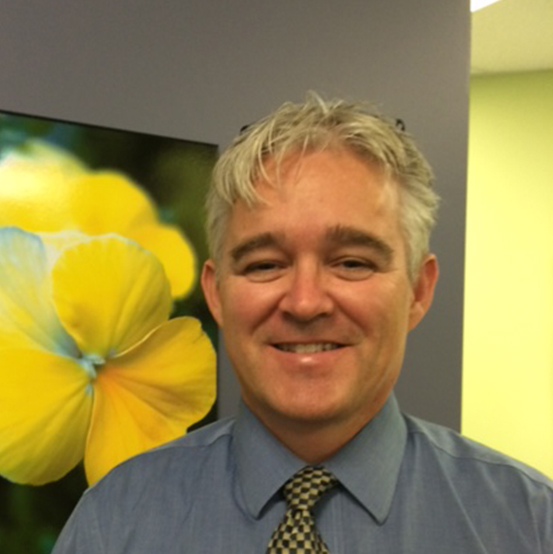 Chuck McKenna is a Manager at Nova Scotia Environment responsible for solid waste, contaminated sites and Hazardous materials/dangerous goods. For the last two years Chuck has worked with a team of three staff members in the solid waste unit to conduct public consultations on several proposed amendments to Nova Scotia’s Solid Waste-Resource Management Regulations. The main proposed changes include a product stewardship framework to bring more product categories under an extended producer responsibility model and coinciding bans from disposal. Chuck has worked for the provincial government for 24 years in the Fisheries and Aquaculture Department, Voluntary Planning ( public policy and public engagement), and Nova Scotia Environment. He has an engineering/business educational background.
Chuck McKenna is a Manager at Nova Scotia Environment responsible for solid waste, contaminated sites and Hazardous materials/dangerous goods. For the last two years Chuck has worked with a team of three staff members in the solid waste unit to conduct public consultations on several proposed amendments to Nova Scotia’s Solid Waste-Resource Management Regulations. The main proposed changes include a product stewardship framework to bring more product categories under an extended producer responsibility model and coinciding bans from disposal. Chuck has worked for the provincial government for 24 years in the Fisheries and Aquaculture Department, Voluntary Planning ( public policy and public engagement), and Nova Scotia Environment. He has an engineering/business educational background.
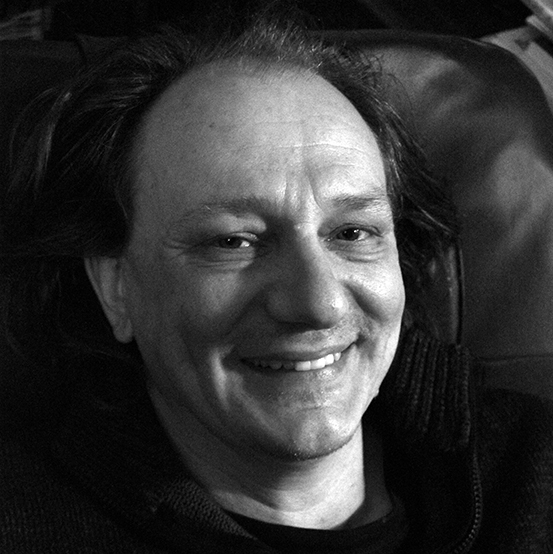 Stani Veselinovic is originally from Hamburg, Germany. He came to Canada as a young man and settled in Toronto. A former special FX technician, Stani spent 20 years working in the Toronto film industry. He has blown up cars for Jackie Chan, was Ron Howard’s key FX technician on Cinderella Man, and worked closely with Rob Marshal on Chicago, which won 6 academy awards. As much fun as this career was, Stani decided it was time to live a slower paced life on the west coast. Upon arriving on Hornby Island eight years ago, Stani accepted the position of Recycling Depot Manager. As a passionate supported of green issues, this was a perfect fit. Stani brought 20 years of team-based leadership skills and enthusiasm to the position, as well as countless safety certifications and ticket (not just anyone is allowed to blow up cars in downtown Toronto!). He currently resides with his family in an almost passive solar home he built himself using recycled steel and plenty of salvaged materials, and in addition to managing the Recycling Depot, he also is overseeing the building of the islands new Free Store.
Stani Veselinovic is originally from Hamburg, Germany. He came to Canada as a young man and settled in Toronto. A former special FX technician, Stani spent 20 years working in the Toronto film industry. He has blown up cars for Jackie Chan, was Ron Howard’s key FX technician on Cinderella Man, and worked closely with Rob Marshal on Chicago, which won 6 academy awards. As much fun as this career was, Stani decided it was time to live a slower paced life on the west coast. Upon arriving on Hornby Island eight years ago, Stani accepted the position of Recycling Depot Manager. As a passionate supported of green issues, this was a perfect fit. Stani brought 20 years of team-based leadership skills and enthusiasm to the position, as well as countless safety certifications and ticket (not just anyone is allowed to blow up cars in downtown Toronto!). He currently resides with his family in an almost passive solar home he built himself using recycled steel and plenty of salvaged materials, and in addition to managing the Recycling Depot, he also is overseeing the building of the islands new Free Store.
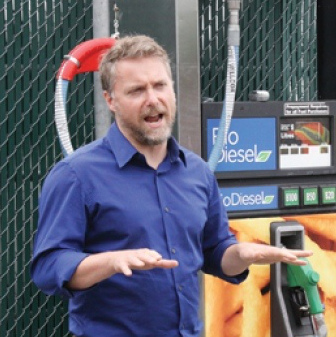 Brian Roberts is a founder of the Cowichan Bio-Diesel Co-op, purveyor of sustainable biofuels that don’t stink; Cowichan Energy Alternatives, non-profit leader in community renewable energy solutions and local low-carbon economy development initiatives; Greasecycle Inc., employee-owned recycler of used cooking oils to sustainable biofuels, and; the Community Carbon Marketplace, a new solution for achieving carbon neutrality by investing offsetting dollars into local green businesses/initiatives that reduce GHGs. Brian also serves on the board of the Collective Biodiesel Conference and teaches part-time at Vancouver Island University.
Brian Roberts is a founder of the Cowichan Bio-Diesel Co-op, purveyor of sustainable biofuels that don’t stink; Cowichan Energy Alternatives, non-profit leader in community renewable energy solutions and local low-carbon economy development initiatives; Greasecycle Inc., employee-owned recycler of used cooking oils to sustainable biofuels, and; the Community Carbon Marketplace, a new solution for achieving carbon neutrality by investing offsetting dollars into local green businesses/initiatives that reduce GHGs. Brian also serves on the board of the Collective Biodiesel Conference and teaches part-time at Vancouver Island University.
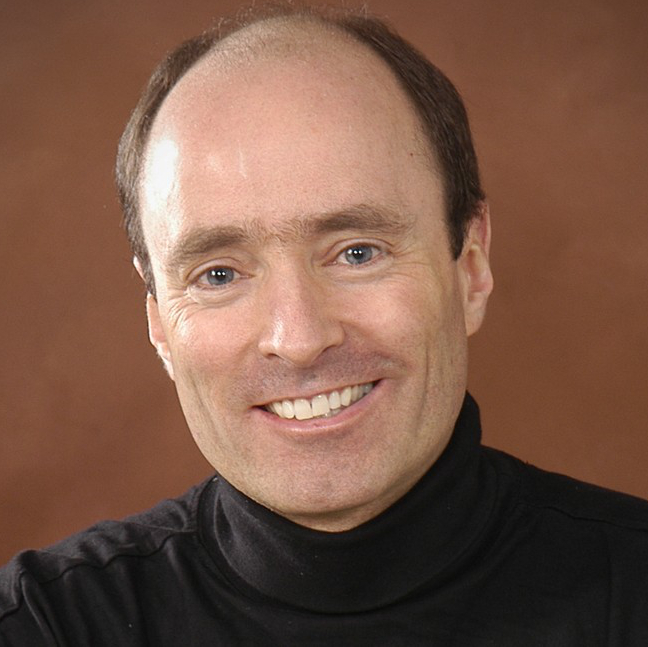 Stephen Salter, PEng, LEED AP®, is a professional engineer and industrial ecologist who helps communities and industry find practical ways to reduce their consumption of fossil fuels and their greenhouse gas emissions. Stephen was educated at the United World College of the Atlantic in Wales and the University of British Columbia, and has studied sustainable water and energy installations in Sweden, Brazil, India, Canada, and the United States. Stephen helps communities and industry to find energy and water infrastructure options which are both ecologically and economically sustainable. Before launching Farallon Consultants Limited in 1991, Stephen held engineering and management positions in the nuclear, telecommunications, and pulp & paper industries. As the President of Farallon, Stephen has worked with over one hundred clients in North and South America.
Stephen Salter, PEng, LEED AP®, is a professional engineer and industrial ecologist who helps communities and industry find practical ways to reduce their consumption of fossil fuels and their greenhouse gas emissions. Stephen was educated at the United World College of the Atlantic in Wales and the University of British Columbia, and has studied sustainable water and energy installations in Sweden, Brazil, India, Canada, and the United States. Stephen helps communities and industry to find energy and water infrastructure options which are both ecologically and economically sustainable. Before launching Farallon Consultants Limited in 1991, Stephen held engineering and management positions in the nuclear, telecommunications, and pulp & paper industries. As the President of Farallon, Stephen has worked with over one hundred clients in North and South America.
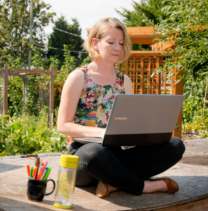
Marika Smith joined the Compost Education Centre in 2008 and is the Executive Director and commercial compost advisor. Marika has a soil science and conservation biology background and is deeply committed to waste reduction initiatives and resource recovery programs. She has a near zero-waste household and looks forward to the day when she no longer sees food waste and disposable everything in garbage cans. She is currently working on a Best Management Practice manual for residential and multifamily on-site composting systems in the Capital Regional District. Marika studied in London UK and at the University of Victoria, and has a BSc in Biology and a Diploma in Restoration Ecology.
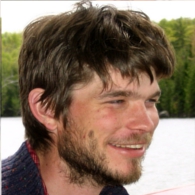
Yuill Herbert is a founding director with Sustainability Solutions Group (SSG). Yuill has worked on sustainability consulting projects in the spheres of community planning, sustainability assessments and green buildings. Major projects include the development of an open source model to evaluate the climate change impacts of municipal plans, the development of a carbon neutral course for Cascadia Green Building Council and a sustainability assessment for Concordia University. Yuill also helped introduce the LEED for Homes rating system in Canada. He has advised municipal, provincial and federal governments on policies related to sustainability and is active in sustainable development research.
 Rebecca Foon is an urban planner dedicated to integrating a holistic understanding of sustainability in growing healthy communities. She is an accomplished organizer and facilitator, sustainability management systems creator, sustainability assessment leader, and green building consultant. She has extensively researched water-related environmental issues in North America and India in partnership with the Indian Institute of Management. More recently, she worked as a sustainability/creative consultant for Planet Green's urban environment television series Wa$ted (Discovery Challen), and is the LEED coordinator for Proment Development's new residential development project targeting LEED gold in Montreal, Canada.
Rebecca Foon is an urban planner dedicated to integrating a holistic understanding of sustainability in growing healthy communities. She is an accomplished organizer and facilitator, sustainability management systems creator, sustainability assessment leader, and green building consultant. She has extensively researched water-related environmental issues in North America and India in partnership with the Indian Institute of Management. More recently, she worked as a sustainability/creative consultant for Planet Green's urban environment television series Wa$ted (Discovery Challen), and is the LEED coordinator for Proment Development's new residential development project targeting LEED gold in Montreal, Canada.
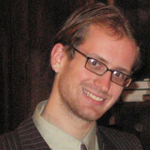 Rob Newell completed an undergraduate in Biology and Statistics (University of Victoria), but developed a keen interest in the communication of environmental trends and sustainability ideas over the last six years while working in the design, development and delivery of environmental education programs and completing a graduate thesis on approaches to effective environmental communications (MA in Environment and Management, Royal Roads University). Rob is committed to exploring and discovering new methods of communicating sustainability to broad and diverse audiences, and his work has included developing environmental education programs for settlement agencies and project leading in Asia, Africa, and the South Pacific. Rob is involved in developing creative and interactive ways of disseminating CRC research ideas and getting the greater public involved with the research program.
Rob Newell completed an undergraduate in Biology and Statistics (University of Victoria), but developed a keen interest in the communication of environmental trends and sustainability ideas over the last six years while working in the design, development and delivery of environmental education programs and completing a graduate thesis on approaches to effective environmental communications (MA in Environment and Management, Royal Roads University). Rob is committed to exploring and discovering new methods of communicating sustainability to broad and diverse audiences, and his work has included developing environmental education programs for settlement agencies and project leading in Asia, Africa, and the South Pacific. Rob is involved in developing creative and interactive ways of disseminating CRC research ideas and getting the greater public involved with the research program.
Resources
The Cowichan Bio-Diesel Co-operative (CB-DC) is a community owned and operated organization dedicated to the local production, use and promotion of biofuels in order to achieve ethical and environmentally sustainable local economy.
Cowichan Energy Alternatives (CEA) is a non-profit organization focused on providing energy and greenhouse gas (GHG) emissions inventories and planning services, renewable energy feasibility studies and implementation, and leading community carbon offsetting initiatives through Community Carbon Marketplace (CCM).
Greasecycle is a worker-owned and operated British Columbia company focused on the production and distribution of sustainable Biodiesel made from Waste Vegetable Oil (WVO).
The Compost Education Centre (Victoria, BC) encourages composting and conservation through its public education programs, demonstration site, telephone hotline, society memberships and volunteer programs.
State of Waste Management in Canada summarizes the state of waste management and identifies recent trends, best management practices, challenges and opportunities for waste prevention or reduction, diversion, energy recovery and disposal in Canada.
This article contains information and videos on Sweden’s waste management successes, in where 99% of Sweden’s garbage is recycled.
1CBC News. (2014). http://www.cbc.ca/news/business/canadians-produce-more-garbage-than-anyone-else-1.1394020
3Recycling Council of British Columbia. (2014). http://rcbc.bc.ca/files/u3/add_ThinkTwiceBeforeThrowingitAway_000.pdf
4Environment Canada. (2014). https://www.ec.gc.ca/gdd-mw/default.asp?lang=En&n=6F92E701-1